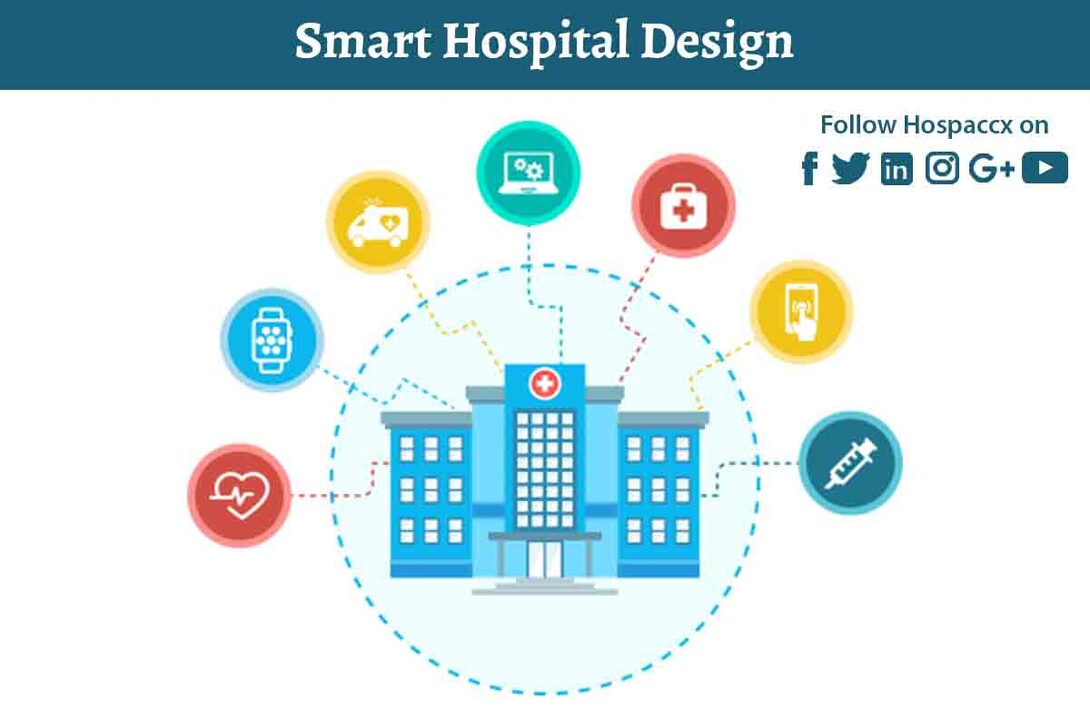Smart Hospital Infrastructure The Future of Healthcare
Smart hospital infrastructure is transforming the way healthcare is delivered. By integrating cutting-edge technologies, these hospitals aim to improve patient care, enhance operational efficiency, and optimize resource utilization.
Key Components of Smart Hospital Infrastructure
- Internet of Things (IoT) Devices:
- Wearable Devices: These devices monitor patient vital signs remotely, allowing for early detection of health issues.
- Smart Beds: Equipped with sensors, these beds can monitor patient movements, heart rate, and respiratory rate.
- Smart Vending Machines: These machines can dispense medications and medical supplies, reducing the burden on healthcare staff.
- Artificial Intelligence (AI) and Machine Learning:
- Predictive Analytics: AI can analyze patient data to predict potential health risks and recommend preventive measures.
- Medical Image Analysis: AI-powered algorithms can accurately diagnose diseases by analyzing medical images.
- Robotic Surgery: Robotic systems can perform complex surgeries with greater precision and accuracy.
- Robotic Automation:
- Autonomous Robots: These robots can transport medical supplies, deliver medications, and assist in patient care.
- Surgical Robots: Robotic surgical systems can perform minimally invasive procedures with greater precision and accuracy.
- Big Data Analytics:
- Data-Driven Insights: Analyzing large datasets can help identify trends, improve patient outcomes, and optimize resource allocation.
Benefits of Smart Hospital Infrastructure
- Improved Patient Care: Real-time monitoring, personalized treatment plans, and early intervention can lead to better patient outcomes.
- Enhanced Operational Efficiency: Automation and data-driven insights can streamline workflows and reduce costs.
- Enhanced Patient Experience: A more comfortable and convenient hospital experience can lead to increased patient satisfaction.
- Advanced Research and Innovation: Smart hospitals can facilitate medical research and the development of new treatments.
Challenges and Future Directions
While smart hospitals offer numerous benefits, challenges remain:
- Cybersecurity: Protecting sensitive patient data from cyber threats is crucial.
- Initial Investment: Implementing smart hospital technologies can be costly.
- Data Privacy and Ethical Considerations: Ensuring data privacy and ethical use of AI is essential.
The future of healthcare is increasingly tied to technology. By embracing smart hospital infrastructure, healthcare providers can deliver innovative, patient-centered care and improve the overall health of communities.
As technology continues to advance, we can expect to see even more innovative solutions that will transform the way healthcare is delivered.

